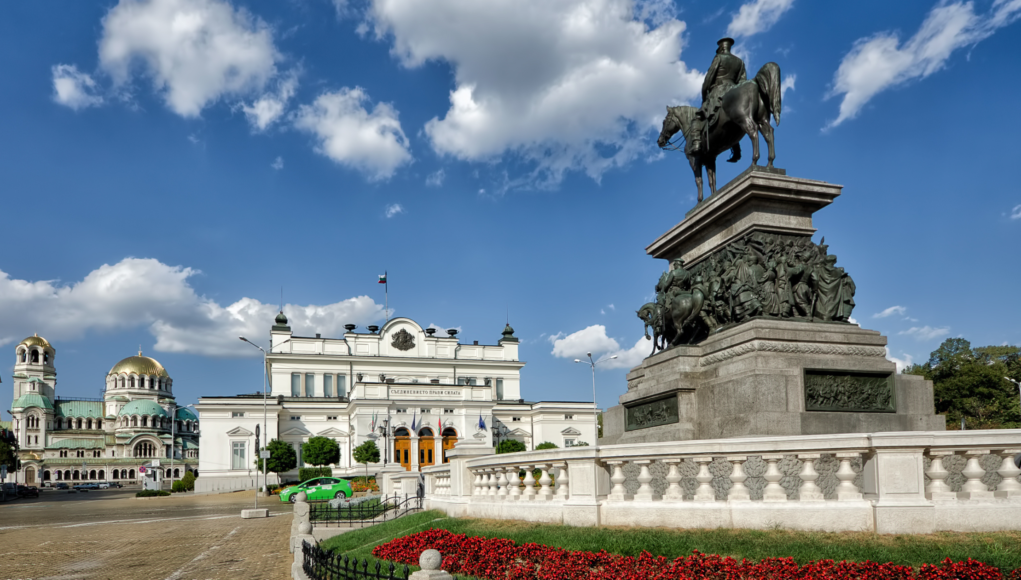In a significant development within the Bulgarian political arena, the vote of no confidence against the current government, initially slated for November 16, has been postponed by a day. This move adheres to the procedural rules of the Bulgarian Parliament, which dictate a minimum 24-hour gap following the end of plenary hall deliberations.
Today, the focus in Parliament shifts to robust debates. The structure of these discussions is meticulously governed by the National Assembly’s rules, ensuring proportional speaking time for each group based on its parliamentary representation. This format also allows for replies, rejoinders, and procedural statements, and notably, the Prime Minister and ministers are granted the privilege to address the assembly from the podium.
The critical juncture of this process is the voting on the draft decision, which requires approval from over half of all deputies to pass.
The roots of this second vote of no confidence, initiated on November 8, can be traced back to the broad opposition coalition comprising “Vazrazhdane”, the Bulgarian Socialist Party (BSP), “There is Such a People”, and independent MP Radostin Vasilev. Following a previously unsuccessful no-confidence vote centered on energy policy, the opposition now turns its focus to what it perceives as the government’s shortcomings in national security and defense.
In a detailed critique, the opposing parties argue that amidst escalating global political instability and military conflicts, the Bulgarian government has undermined the nation’s combat capabilities for foreign interests. The contentious issue of supplying one hundred armored personnel carriers and S-300 missiles is at the forefront of these allegations. Additionally, the opposition lambasts the lack of a coherent strategy for the development of the armed forces, criticizing decisions on armaments as lacking necessary analysis. The leadership of the Ministry of Defense is thus labeled as “unreliable and harmful,” with the minister deemed a security risk.
However, the reality of parliamentary arithmetic presents a daunting challenge for the opposition. With only 72 MPs in their bloc, they fall significantly short of the 121 votes needed to successfully pass the no-confidence motion.
The fate of the “Denkov-Gabriel” government hinges on the potential withdrawal of support from any ruling coalition member. Yet, indications suggest that neither GERB nor DPS are inclined towards such a move.
Amidst intra-coalition strains, particularly over the 2024 budget framework, GERB leader Boyko Borisov has expressed a willingness to allow the government more time for rectification. Meanwhile, DPS parliamentary group chairman Delyan Peevski has made more definitive statements, emphasizing the necessity of this Euro-Atlantic government for the country’s wellbeing and warning against the adverse effects of a cycle of caretaker governments.
Source/s: Dnevnik
Image source: Shutterstock
The Southeast European Observer participates in the Amazon Services LLC Associates Program. While we strive to provide our readers with unbiased and reliable information, please be aware that any purchases made through Amazon affiliate links on our site generate a small commission for us at no extra cost to you. This helps support our platform and allows us to continue delivering quality content to our readers.
We ensure that the presence of Amazon affiliate ads does not influence our editorial content, and no affiliate links are included within the text of our articles.












